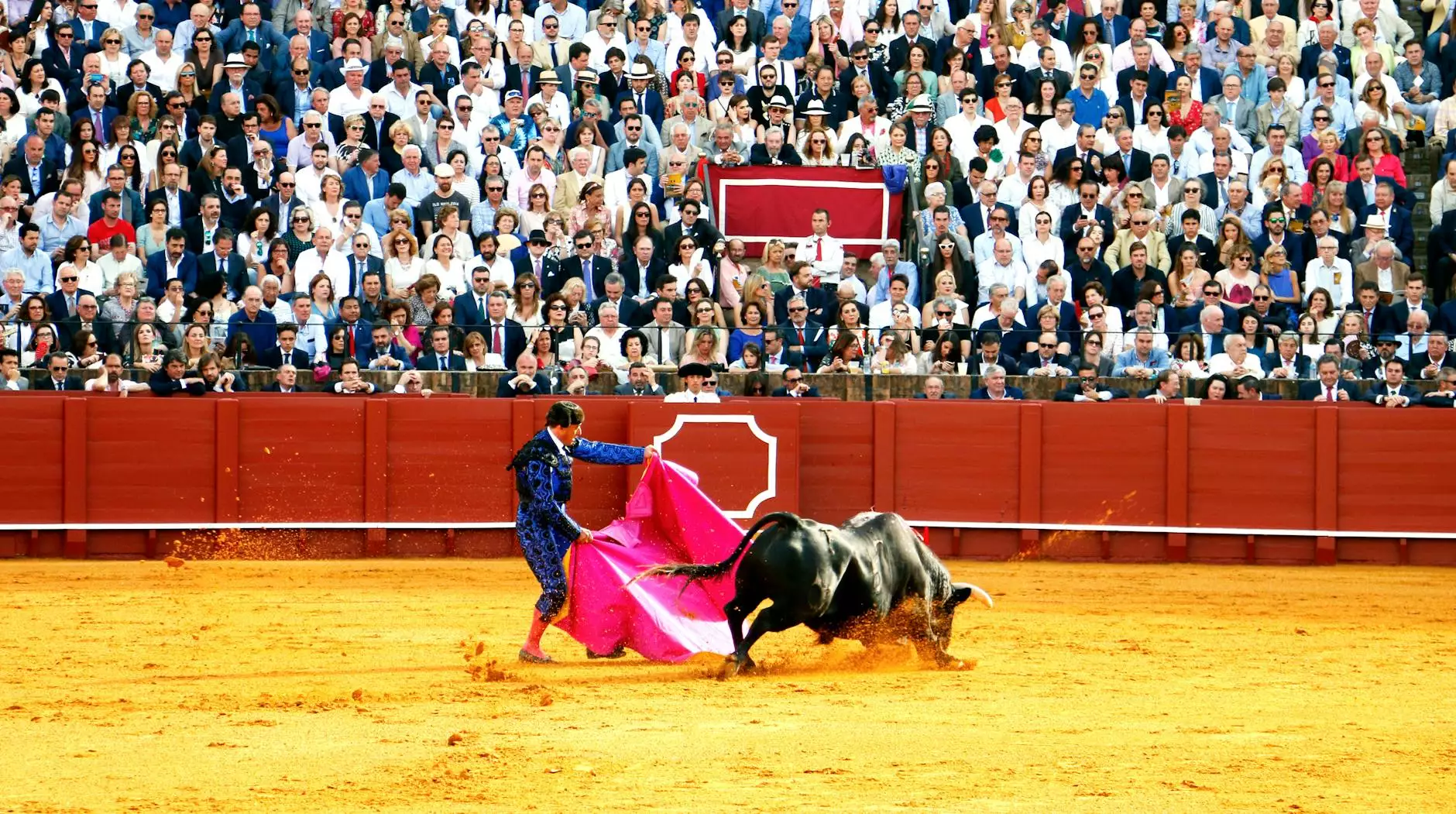Banning the Bullfight
Cultural Insights
The History of Bullfighting
Bullfighting, also known as tauromachy, has a long and controversial history rooted in Spanish culture. Dating back to ancient Roman times, bullfighting evolved into its current form in the 18th century. It gained popularity among the Spanish aristocracy and soon became an integral part of cultural celebrations and identity.
The Controversy Surrounding Bullfighting
While some view bullfighting as a traditional art form, others condemn it as a cruel and inhumane practice. The ethical concerns around bullfighting primarily stem from the treatment of the animals involved. Critics argue that the violence and suffering inflicted upon the bulls contradict modern ethical standards.
Animal Rights Activism
Animal rights organizations and activists have long been advocating for the abolition of bullfighting. Their campaigns aim to shed light on the inherent cruelty of the practice and push for legislative changes. These efforts have fueled the debate surrounding bullfighting's place in modern society.
The Bullfighting Ban in Spain
In recent years, the movement against bullfighting has gained significant momentum. Several regions in Spain, including Catalonia, have implemented bans on bullfighting. These bans reflect an evolving societal perspective on animal welfare and an increasing demand for more compassionate forms of entertainment.
The Impact on Spanish Culture
The bullfighting ban has triggered a series of debates and discussions about Spanish cultural heritage and identity. Supporters of the ban argue that it is essential to prioritize animal welfare over cultural traditions, while opponents claim it threatens Spain's rich history and cultural legacy.
Alternative Forms of Entertainment
As the demand for animal-friendly entertainment grows, Spain has seen the rise of alternative events that celebrate its cultural heritage without harming animals. Innovations like theater performances, dance festivals, and culinary experiences provide exciting alternatives for tourists and locals alike.
Preserving Tradition while Protecting Animals
Many believe that it is possible to preserve Spanish traditions and cultural practices while respecting animal rights. By promoting creative adaptations and embracing innovative forms of entertainment, Spain can evolve and reshape its cultural identity without compromising ethical values.
The Future of Bullfighting
The ongoing debate and the increasing number of bans suggest a changing landscape for bullfighting in Spain. While it remains deeply rooted in the country's history, the pressure to adapt to modern ethical standards might bring about significant changes in the coming decades.
Education and Awareness
Education plays a crucial role in shaping public opinion and promoting alternative perspectives on bullfighting. By raising awareness about animal welfare and familiarizing people with the cultural alternatives, we can encourage a shift towards more compassionate choices.
Conclusion
The banning of bullfighting represents a fundamental shift in societal values, highlighting the importance of animal welfare alongside cultural traditions. NJCLT is dedicated to providing comprehensive insights into the historical, social, and ethical aspects of this complex issue. Join us as we explore the multifaceted nature of bullfighting, fostering an understanding of its past, present, and future.










